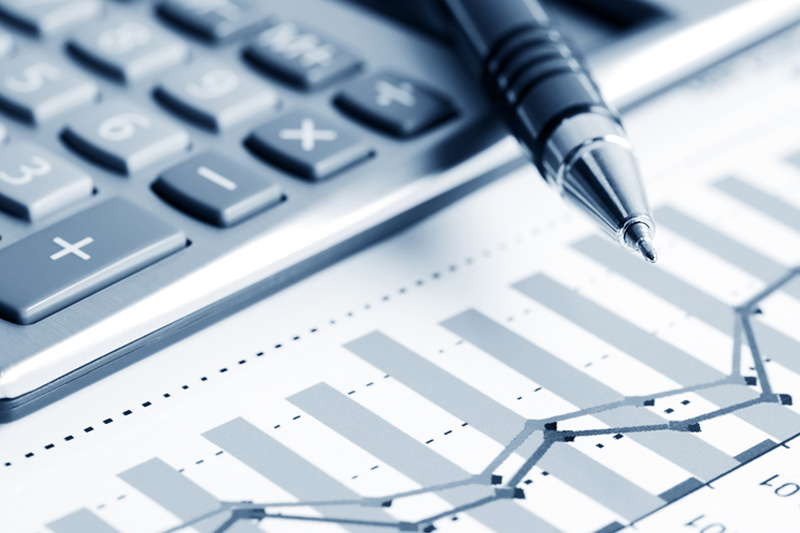By Kevin Yao
BEIJING (Reuters) – Chinese government advisers are recommending that Beijing should maintain an economic growth target of around 5.0% for next year, pushing for stronger fiscal stimulus to mitigate the impact of expected U.S. tariff hikes on the country’s exports.
The ambition to sustain a growth pace that seemed difficult to reach throughout 2024, if confirmed, would surprise financial markets betting on a gradual slowdown in the world’s second-largest economy as trade tensions intensify.
Four of the six advisers who spoke with Reuters favour a 2025 target of around 5%. One adviser recommends a goal of “above 4%” and another suggests a 4.5-5% range. A Reuters poll this week predicted China will grow 4.5% next year, but also tipped that tariffs could impact growth by up to 1 percentage point.
The advisers, who do not participate in decision-making, will submit their proposals to the closed-door annual Central Economic Work Conference next month, when top leaders discuss policies and goals for next year.
The target, one of the most closely-watched indicators globally for clues of Beijing’s near-term policy intentions, will not be officially announced until an annual parliament meeting in March.
The recommendations of the advisers are considered by policymakers in the final decision-making process. The most popular view among the advisers is usually adopted although it is not always the case. Any plans could still change before the legislative session.
Most advisers commented on condition of anonymity as they were not authorised to speak to the media.
Holding lofty growth goals in the face of threatened tariffs in excess of 60% on Chinese goods imports from incoming U.S. President Donald Trump suggests Beijing is ready to spend big, particularly if it cannot negotiate lower levies or delay them.
“It’s entirely possible to offset the impact of Trump’s tariffs on China’s exports by further expanding domestic demand,” said Yu Yongding, one of the advisers and a government economist who advocates for a roughly 5% goal.
“We should adopt stronger fiscal policy next year,” said Yu, adding the budget deficit “should definitely exceed” this year’s planned level of 3% of gross domestic product (GDP).
Some economists have urged Beijing to ditch or adopt lower growth targets to reduce its reliance on stimulus, which has fuelled property bubbles and huge local government debts. But advocates for ambitious targets argue they are crucial for…
Click Here to Read the Full Original Article at All News…


